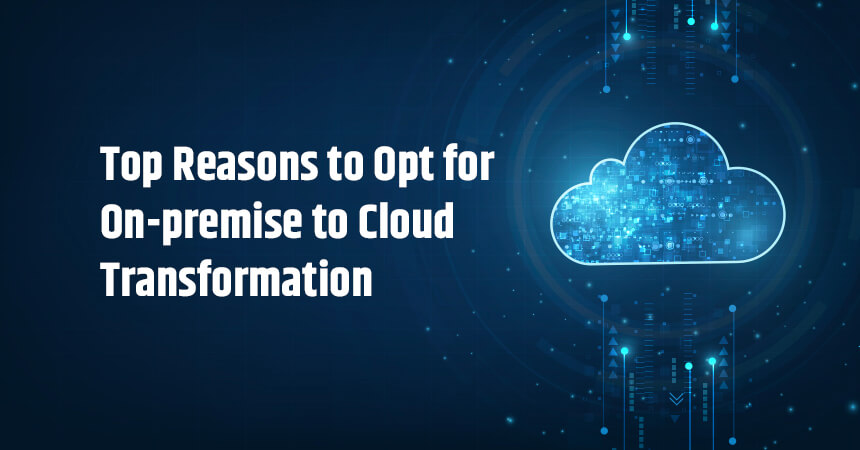Previously, the large organization predominantly used cloud computing, and it was not available for smaller companies. However, today the competition is brutal, and the cloud provides companies with the required edge. Today, any company has the ability and the money to invest in the cloud and store data at a remote datacentre instead of on-premise.
There is a growing pattern of companies migrating to cloud platforms. Since companies are expanding and growing with technologies, they opt for cloud platforms to improve their operations. The benefits of switching to cloud from on-premise are many. It helps businesses not to fall behind.
Firstly, what is cloud computing? It is storing and accessing information (data) and applications over the internet and not from the computer’s hard drive. Cloud computing can be done anywhere, anytime with just an online connection.
Secondly, what is the difference between cloud and on-premise? As the cloud’s description suggests, the cloud is over the internet, and on-premise is installed locally.





